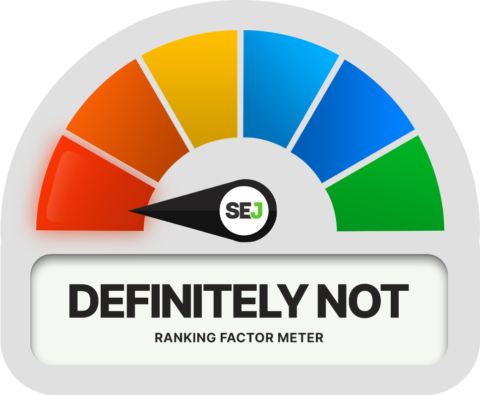Getting lots of links from other websites quickly sounds like it should be a positive thing for any website.
But could it hurt rather than help your rankings?
Or does link speed not matter at all to Google? Is it really just a made up SEO term?
Read on as we explore the origins of link velocity and find out if it’s something you really need to worry about in SEO.
The claim: link speed as a ranking factor
Link speed refers to a theory that the speed at which a website receives links can affect rankings, either positively or negatively.
Connection speed = Good
Years ago, high link speed in a short amount of time was seen by some as a good thing in the SEO industry that could positively impact your Google rankings.
Link velocity was mentioned in articles and during conference sessions because back then, link building was more about quantity than quality.
Do you want a website to rank quickly? Quickly create a whole bunch of links to him.
But the notion of quantity over quality changed after Google introduced the Penguin algorithm.
Connection Speed = Poor
The belief here is that gaining links too quickly can result in a website being penalized or demoted in search results.
It is based on the idea that Google interprets a rapid increase in incoming links as a sign that the site is trying to manipulate its search rankings.
Understandably, the idea of link velocity can be troubling to anyone who resents being penalized for accidentally acquiring links.
The growth of a website’s link profile is largely out of their control.
For example, if a website publishes great content, many other websites can link to it within a short period of time, resulting in a series of links won at once.
If link velocity worked as SEO experts claim, the website in the example above could be penalized for receiving an influx of inbound links through no fault of their own.
The proof: link speed as a ranking factor
The origins of link speed in the SEO community can be traced back to the discovery of a Google patent filed in 2003.
The patent, Information Retrieval Based on Historical Data, contains ideas about how a search engine should treat a website based on the growth of its link profile.
In particular, the idea of link velocity can be traced back to this passage:
“During a prickly growth rate in the number of backlinks can be a factor used by the search engine 125 to rank documents, it can also be a signal a spam attempt Search Engine 125. Accordingly, in this situation, Search Engine 125 may actually lower the score of a document or documents to reduce the impact of spam.”
Roger Montti of Search Engine Journal has dissected SEO professionals’ interpretation of this patent and noted how they ignore portions of the patent that refute their own theory.
For example, the patent further defines what a “spiky growth rate” is and how it can be the defining characteristic of unnatural link building.
The patent isn’t about penalizing sites that see a rapid increase in inbound links.
It’s about demoting sites that show a pattern of unusual spikes in inbound links over long periods of time.
According to Montti:
“What this patent is really talking about is the gentle natural growth rate versus a spiky and unnatural growth rate.
A prickly growth rate can manifest itself over the course of months. This is in stark contrast to the link velocity idea, which suggests that a large volume of links acquired in a short period of time will result in a penalty.”
The evidence doesn’t match what experts claim about connection speeds.
Link speed as a ranking factor: our verdict
There is no evidence that Google uses a signal called Link Velocity, which can negatively impact rankings.
Connection speed is not a term that Google officially recognizes.
When asked, Google search officials say that a site’s links are rated on their own performance, not how many are won in what time.
Here is an example of such a response from Google’s John Mueller:
“It doesn’t matter so much how many links you get in what time frame. It’s really just…if these are links that are unnatural or problematic in our view, then they would be problematic. It’s like it doesn’t matter how many or when.”
Google’s Gary Illyes was more blunt in a Reddit AMA, calling link velocity a made-up term.
Whether links are gained quickly or slowly depends on the quality of each link and how it was acquired (naturally or unnaturally).
Featured image: Paolo Bobita/Search Engine Journal
Follow us on Facebook | Twitter | YouTube
WPAP (907)


